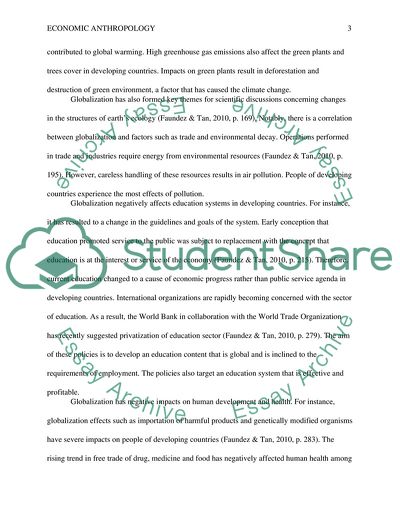Cite this document
(Economic Anthropology Assignment Example | Topics and Well Written Essays - 1500 words, n.d.)
Economic Anthropology Assignment Example | Topics and Well Written Essays - 1500 words. https://studentshare.org/anthropology/1820757-economic-anthropology
Economic Anthropology Assignment Example | Topics and Well Written Essays - 1500 words. https://studentshare.org/anthropology/1820757-economic-anthropology
(Economic Anthropology Assignment Example | Topics and Well Written Essays - 1500 Words)
Economic Anthropology Assignment Example | Topics and Well Written Essays - 1500 Words. https://studentshare.org/anthropology/1820757-economic-anthropology.
Economic Anthropology Assignment Example | Topics and Well Written Essays - 1500 Words. https://studentshare.org/anthropology/1820757-economic-anthropology.
“Economic Anthropology Assignment Example | Topics and Well Written Essays - 1500 Words”. https://studentshare.org/anthropology/1820757-economic-anthropology.


